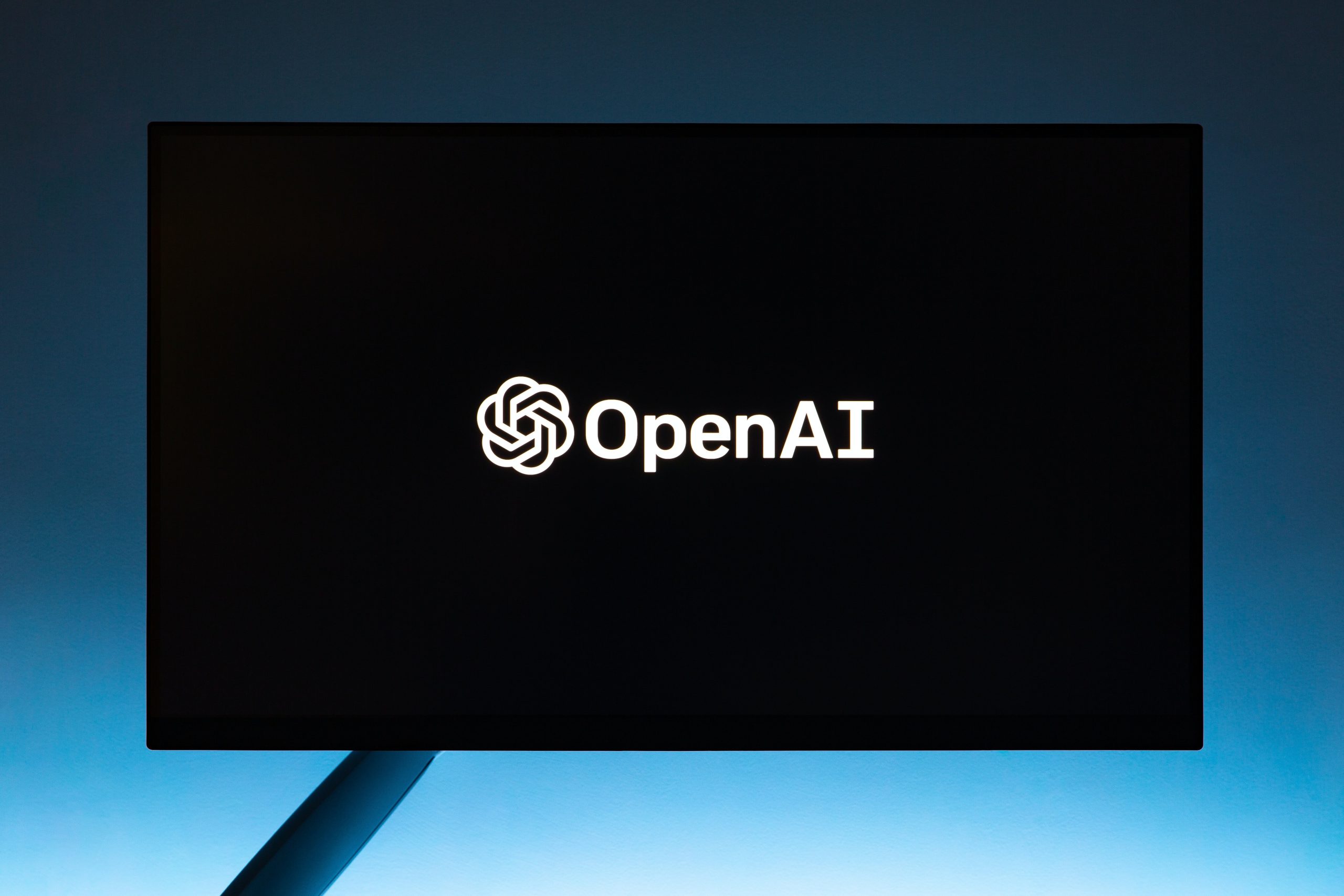As technology continues to advance at a breakneck pace, it’s becoming increasingly clear that the job market is on the cusp of some major changes. A new wave of automation and artificial intelligence (AI) is set to transform many industries in ways we’ve never seen before – from self-driving vehicles to intelligent chatbots that can handle customer service inquiries with ease. But what impact will these developments have on employment? In this blog post, we’ll delve into the future of jobs and explore how AI and automation are poised to reshape the workforce by 2023. Are you ready for what’s coming next? Let’s find out!
What is AI and Automation?
AI and automation are rapidly changing the way we work. They are already transforming many jobs, but they have the potential to do even more. In fact, experts believe that over half of all jobs in the future will be replaced by automation.
Some occupations that are most at risk include low-skilled manual labor, such as cleaning and maintenance, as well as middle-skill jobs in sectors like retailing and food service. However, even high-skill jobs may eventually be replaced by AI and automation. For example, doctors may one day be able to use software to diagnose patients without ever meeting them face-to-face.
The good news is that there are ways to prepare for this change. Governments, businesses, and individual workers can all take steps to ensure that they remain competitive in the marketplace.
Benefits of AI and Automation
Technology has always been a driving force in the world of employment. From the advent of the printing press, to the internet and now to artificial intelligence (AI), change has always come about quickly and dramatically. And this trend is only set to continue with the rise of automation.
There are many benefits to automation, both for businesses and individuals. Automation allows businesses to scale faster while reducing costs. For individuals, automation can free up time and energy to focus on other pursuits. Additionally, it can increase productivity so that employees can do more with less effort.
In terms of business, automation allows companies to reduce Costs by automating tasks that are repetitive or can be done by machines instead of people. For example, a company may use an automated system to generate invoices or manage customer accounts receivable. Not only does this free up employees’ time but it also reduces training requirements as automated systems typically operate without error-prone human interaction. In addition, automated systems maintain records which makes them useful for legal purposes such as proving compliance with regulations or defending against lawsuits.
Automation also helps companies scale rapidly by allowing them to expand their operations without adding new employees. For example, an airline may use automation to check passengers in at the airport terminal using facial recognition technology. This saves time and increases throughput as passengers are processed faster than would be possible with manual procedures alone. Automation also helps small businesses compete with larger competitors by providing them with an edge in terms of
How Automation Will Affect the Job Market
The advent of artificial intelligence (AI) and automation has the potential to fundamentally change the way we work, leading to rampant unemployment in some professions. While there are concerns that AI will put many people out of work, it also has the potential to create new and more efficient jobs.
One area where automation is already having a significant impact is in the field of logistics. Truck drivers, for example, are frequently replaced by self-driving trucks. This has led to a decline in driving jobs, but also an increase in freight-related jobs such as loaders and drivers. Similarly, computer systems are now capable of performing complex tasks that used to be handled by human workers. This has led to a decline in roles such as data entry and accounting clerks, which have been replaced by computer systems.
While it is true that AI and automation could lead to widespread unemployment, there are also opportunities for those who are willing to adapt their skillset. For example, truck drivers may need to learn how to operate self-driving trucks, while data entry clerks may need to learn how to use computers proficiently. As long as individuals have the necessary skills, they should be able to find employment in either an AI or manual based job market.
The Effect of AI and Automation on the Future of Jobs
As artificial intelligence (AI) and automation continue to develop, the future of jobs looks increasingly uncertain. While some occupations may be eliminated outright, others may see a drastic change in their nature. The following are four ways AI and automation will affect the job market:
1) robot journalists
As newsrooms become increasingly automated, many journalists are worried about their long-term employment prospects. Automated reporting could lead to widespread unemployment for reporters who can no longer write fast enough or accurately enough to keep up with the algorithm. However, there is evidence that robot journalists could eventually create new opportunities for investigative journalism and other complex reports that are currently not possible to produce mechanically.
2) increased demand for skilled workers
With more jobs becoming automated, there will be an increased demand for skilled workers across all industries. Currently, many high-skill jobs are held by humans due to the complexity of tasks required and the need for human judgement. As machines become better at performing these complex tasks, however, those jobs will move away from humans and towards machines. This could lead to a shortage of skilled workers in certain industries and a rise in wages for those with relevant skills.
3) an increase in low-skilled work
In some cases, AI and automation might actually create more opportunities for low-skilled workers than high-skilled ones. For example, self-driving cars require a great deal of data processing and analysis which can be done by relatively unskilled labourers using cheap computer hardware
Conclusion
As the world becomes increasingly automated, it’s important to be prepared for the future of jobs. A study by PwC predicted that by 2023, nearly half of all work activities will be replaced by robots or artificial intelligence. This means that not only will many jobs disappear, but our current job market will become significantly more fluid and open-ended. So what do we need to do in order to prepare? In my opinion, it’s essential that everyone starts thinking about their career trajectory and begins exploring new options outside of the traditional workforce. With automation looming on the horizon, now is the time to start planning for a life beyond salaried employment.




